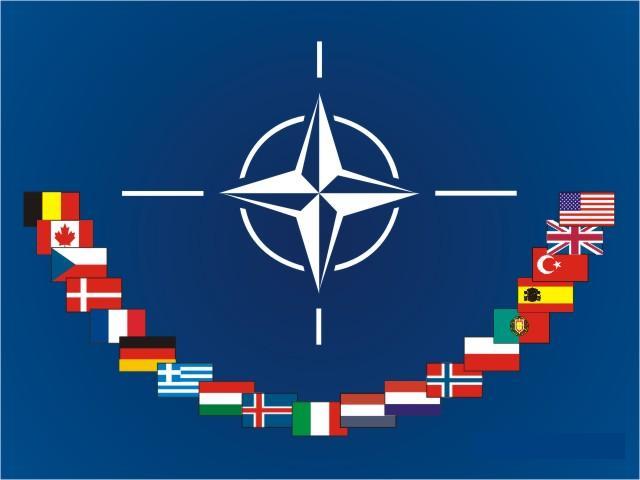 NATO’s top decision-making body is meeting in emergency session to review military plans
for a no-fly zone over Libya. The alliance is expected to issue the order to launch the operation. But the action now is taking place not inside NATO, but in a coalition-of-the-willing led by
France and Britain. Germany and Turkey are said to be blocking swift action.
NATO’s top decision-making body is meeting in emergency session to review military plans
for a no-fly zone over Libya. The alliance is expected to issue the order to launch the operation. But the action now is taking place not inside NATO, but in a coalition-of-the-willing led by
France and Britain. Germany and Turkey are said to be blocking swift action.
For NATO Secretary-General Rasmussen, this should be disconcerting. Only a few months ago, NATO celebrated the agreement of a new strategic blueprint which said:
‘NATO has a unique and robust set of political and military capabilities to address the full spectrum of crises – before, during and after conflicts. NATO will actively employ an appropriate mix of those political and military tools to help manage developing crises that have the potential to affect Alliance security, before they escalate into conflicts; to stop ongoing conflicts where they affect Alliance security; and to help consolidate stability in post-conflict situations where that contributes to EuroAtlantic security.’
But so far, these capabilities have not been brought to bear, which spells trouble for the alliance. The lack of NATO involvement is not only a strategic issue, it is an institutional one too.
Establishing command and control arrangements for a mission outside a NATO framework and outside a US-led coalition of the willing is difficult; not impossible at all, but difficult. Keeping Turkey outside of the coalition is also problematic. So, it is in everyone’s interest that the mission is quickly tucked under NATO auspices.






Comments